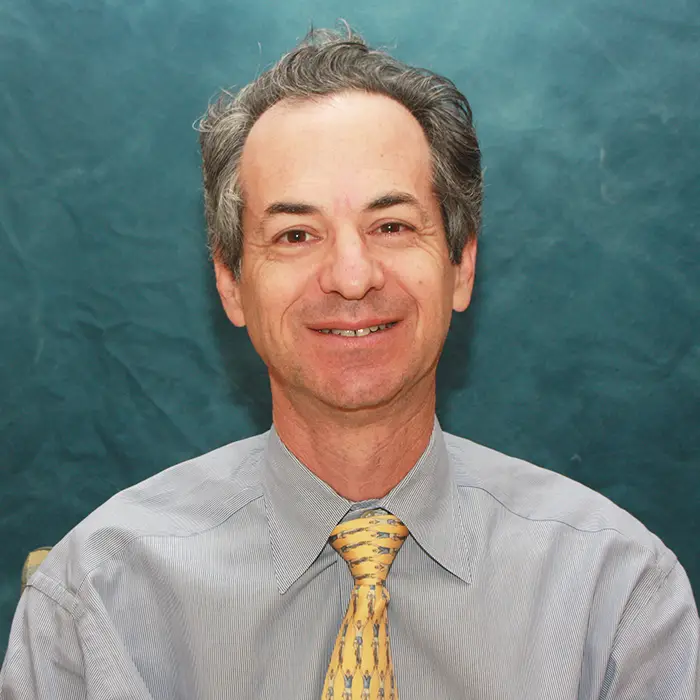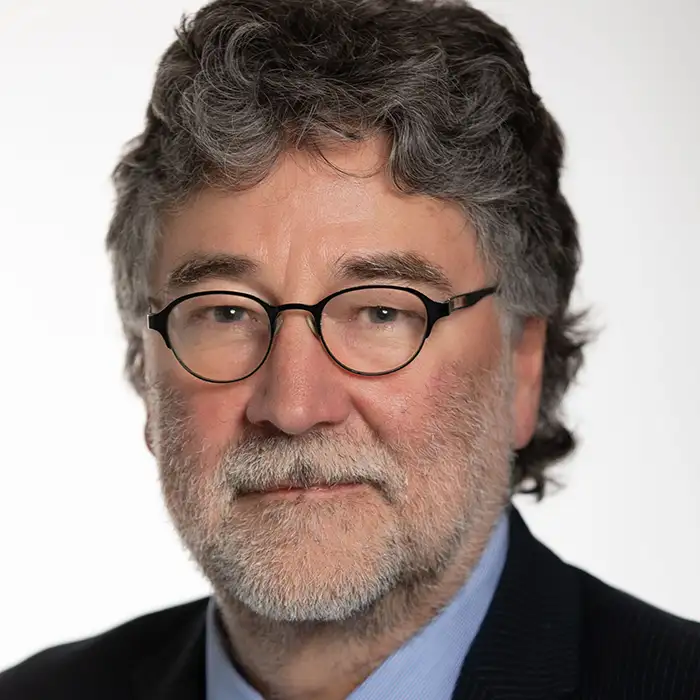Medical Advisory Board
Stephen Cederbaum MD
Stephen Cederbaum is a Distinguished Professor Emeritus at UCLA Departments of Psychiatry and Biobehavioral Sciences, Pediatrics, and Human Genetics. Stephen has worked in the field of inborn errors of metabolism and newborn screening, particularly disorders of the urea cycle for more than 50 years. He has studied these disorders in patients and in animal models, using various forms of gene and mRNA therapy. He is considered a world authority on arginase deficiency which he has studied his entire career, in the clinic and in the laboratory. He helped found the parent support group that has become the ARD1-D Foundation and has been a continuous supporter to these families. More recently he has emphasized the pre-symptomatic DNA screening of individuals at risk for late onset autosomal dominant disorders. He lives in Santa Monica, California with his wife and they have two grown children.
Medical Advisor
Stephen Cederbaum MD
Gerald S. Lipshutz MD
Gerald S. Lipshutz, MD, MS, received his medical degree from the University of California Los Angeles (UCLA) School of Medicine and completed his postgraduate training at the University of California San Francisco School of Medicine. Dr. Lipshutz is a Professor within the Departments of Surgery and the Department of Molecular and Medical Pharmacology. He is also a member of the Intellectual and Developmental Disabilities Institute at UCLA along with the Broad Center; he presently holds the Goldwyn Chair. His research focus is in developing gene and cell therapies for single gene metabolic disorders of the liver. Dr. Lipshutz has been an invited participant in many National Institutes of Health (NIH) conferences and has served as a grant reviewer for both Welcome Trust, UK and the US National Institutes of Health where he recently completed 4 years as a standing member of the GDD Study Section In addition to authoring over 80 peer-reviewed research papers, Dr. Lipshutz also serves on the editorial board for the Molecular Therapy, Molecular Therapy: Methods and Clinical Development, and Gene Therapy. He is a member of several surgical, transplant, and gene and cell therapy societies including ASGCT and SIMD. As a principal investigator at the UCLA Lipshutz Hepatic Regenerative Medical Lab, Dr. Lipshutz’s research focuses on regenerative medicine technologies for the investigation and treatment of urea cycle disorders, specifically arginase deficiency and carbamoyl phosphate synthetase deficiency, and also has a focus in the creatine deficiency disorders. He aims to develop new therapies that would replace liver transplantation for single-enzyme metabolic deficiencies and to understand the neurological effect of arginase deficiency with hyperargininemia. He is also a PI for multiple NIH grants and California Institute of Regenerative Medicine and industry-sponsored studies for gene therapies.
Medical Advisor
Gerald S. Lipshutz MD
Robert E. Sobol, MD
Robert E. Sobol, M.D. has pioneered the development of novel biological therapies. He was one of the first physicians to treat patients with monoclonal antibodies and gene therapy. Dr. Sobol is an internationally recognized expert in the fields of molecular cancer therapies and biomarkers. Dr. Sobol led the research teams responsible for the first experimental gene therapies for the treatment of brain tumors and colon carcinoma.
Dr. Sobol has served in the American Society of Gene and Cell Therapy as the Chair of both the Cancer Gene and Cell Therapy and the Bio Industry Liaison Committees. He is a member of several medical and scientific societies and was appointed to the Clinical Program Review Committee of the National Cancer Institute of the National Institutes of Health. He was the founding Editor-in-Chief of Cancer Gene Therapy, a Nature Publishing Group journal.
Dr. Sobol received a B.A. in Philosophy from Boston University and a M.D. from The Chicago Medical School. He subsequently trained at the University of Southern California Medical Center and at the University of California, San Diego and received Board Certifications in Internal Medicine and Medical Oncology.
Medical Advisor
Robert E. Sobol, MD
Dr. Andreas Schulze
Dr. Andreas Schulze is a metabolic pediatrician and professor in the Departments of Paediatrics and Biochemistry at University of Toronto. He is the Medical Director of the Newborn Screening Program at The Hospital for Sick Children (SickKids) Toronto and Senior Associate Scientist at the SickKids Research Institute.
Schulze receive a medical diploma and a doctorate in medicine from the Faculty of Medicine at Leipzig University in 1987. After completing graduate training and PhD in Physiological Biochemistry under the supervision of Dr. Hans-Joachim Boehme and Dr. Eberhard Hoffmann (1987-1992), Schulze pursued postgraduate clinical training in Pediatrics at the University Children’s Hospital in Heidelberg under Dr. Hans-Juergen Bremer and Dr. Georg F. Hoffmann (1992-1999). Schulze defended a Professorial Thesis (Habilitation) and received the Venia Legendi from the Ruprecht-Karls University Heidelberg in 2004. He is board certified in Physiological Biochemistry (1993) and in Pediatrics (1999).
Since 2007, Schulze works as clinician scientist at The Hospital for Sick Children in Toronto. As a clinician he takes care of children with inborn errors of metabolism and oversees the SickKids Newborn Screening Program. As a scientist, he established a research group and a research laboratory at the SickKids Research Institute. Dr. Schulze’s research is centered around creatine deficiency syndromes and regulation of creatine homeostasis. His research encompasses the metabolism of arginine, ornithine, and guanidino compounds, and includes small molecule drug discovery.




